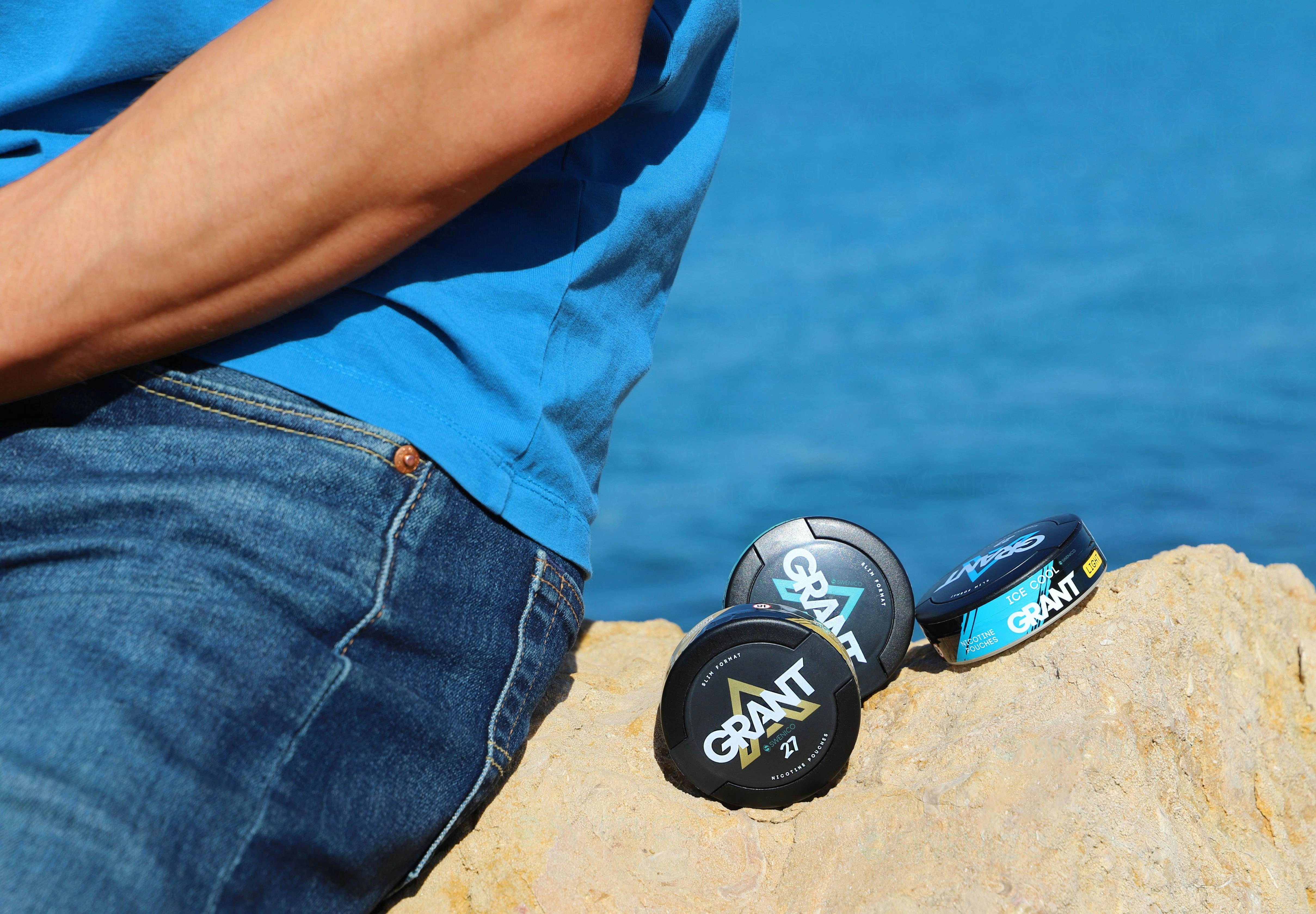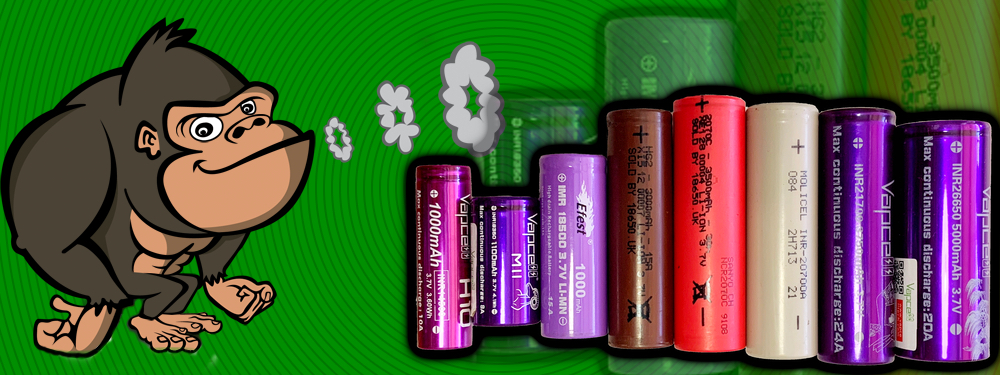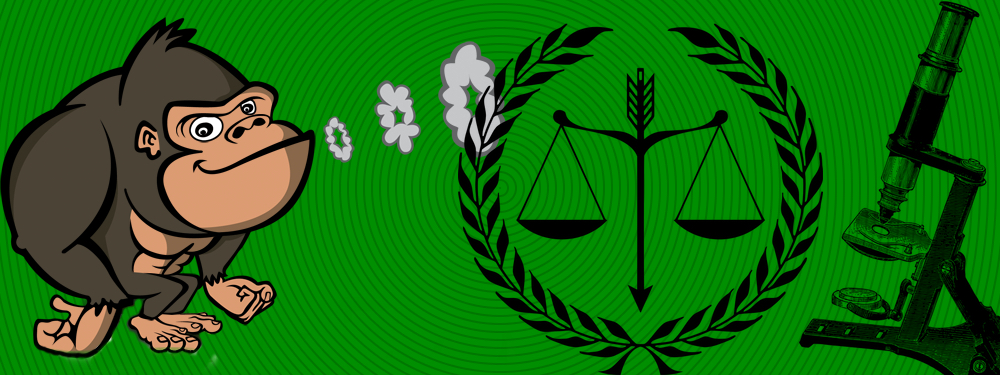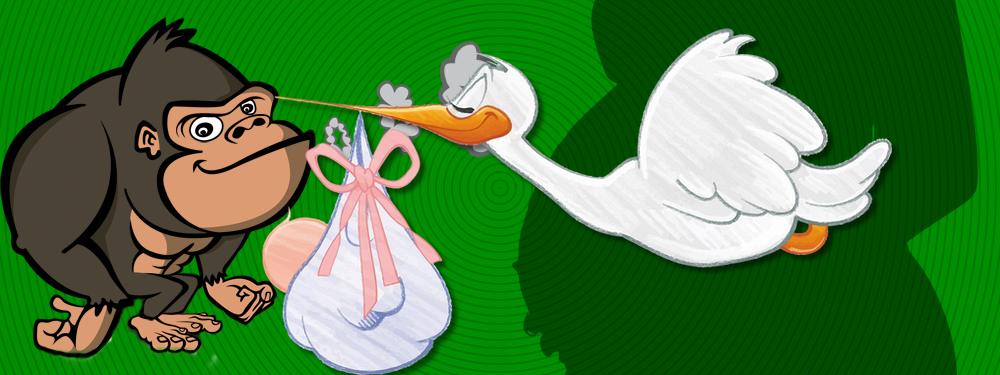But can CBD really help out with all the conditions that supporters claim it can, and if so, how? And why does CBD not cause a high when it comes from cannabis? We’ll be answering both of those legitimate questions and more in this post, as we bring you the facts about CBD.
1) What is CBD?
CBD is a chemical that is part of a classification of compounds known as cannabinoids. Cannabinoids are the life and soul of the cannabis plant and are responsible for the herb’s unique medicinal properties. The other famous cannabinoid is tetrahydrocannabinol (THC) – it’s best-known for having psychoactive properties, but also has anti-inflammatory qualities among other medicinal effects. Scientists have found 113 cannabinoids in cannabis so far, although only a few have been researched in depth.
Cannabinoids are unique because they take effect in the body’s endocannabinoid system (ECS). The ECS is an intensely complicated nexus that regulates a myriad of functions which are crucial for our mental and physical health. CBD doesn’t have a direct effect on the ECS but works to ensure that endocannabinoids get where they need to be in the body. If the ECS is the body’s regulator, CBD is what regulates the regulator!
2) What forms does CBD come in?
There seem to be new ways of taking CBD every month! But let’s go over some of the most popular consumption methods. Vaping is king and CBD e-liquids are popular because they are the fastest way of receiving the medicinal effects of the cannabinoid. Some vape oil products are made using CBD-isolate, while others take the full extract of the plant, and therefore consist of other non-intoxicating cannabinoids and aroma-producing terpenes – these products are described as ‘full-spectrum’.
The fastest way to consume high quantities of CBD is with concentrates. These can either be consumed orally or vaped, providing the device is compatible.
For those who’d rather not vape, CBD tincture oils are good for a quick onset of effects thanks to sublingual absorption. For a more measured release, CBD edibles, capsules and syrups have you covered. If it’s a skin disorder that’s bothering you, a CBD balm or cream that interacts with the cannabinoid receptors in the epidermis – the top layer of the skin – could work best.
3) Is CBD legal?
A big question with no simple answer. Your location is, of course, dependent, however laws surrounding CBD are typically much more relaxed than with the rest of the cannabis plant. In the United States, hemp products are legal providing they are limited at 0.3 percent THC – there’s no mention of CBD in the 2014 Farm Bill that makes this exception. In states where medical cannabis is legal, CBD is also legal, and your rights will be protected by state law.
The legal situation is slightly different in the United Kingdom, but importantly, CBD derived from hemp is legal, and CBD is even considered a medicine by authorities. Thankfully, legislators seem to finally be taking a sensible approach with CBD. As a non-psychoactive substance, it poses no danger to the public health, and even the World Health Organization has declared CBD to have no abuse potential.
4) Why do people take CBD?
People are finding that all kinds of conditions can be treated with CBD, and since it comes with no significant side effects or addiction potential, most are prepared to experiment with it and see if it works for them. Those with mental health issues are desperately seeking more effective solutions, and CBD’s anxiolytic and antidepressant effects are of considerable interest.
Studies have proven that CBD is better than a placebo for social anxiety. CBD also helps to direct anandamide to the brain, where it can work to improve mood. But these are just a couple of reasons – fibromyalgia, migraines, arthritis, chronic pain, insomnia and epilepsy are just a few more conditions which can be aided by CBD.
5) Do CBD products contain THC?
No, unless the product specifically states that it contains both CBD and THC, which is not the case for any hemp-based CBD products. However, there are theories that having other cannabinoids and terpenes present alongside CBD serves to boost the medicinal value of all the compounds – this type of synergy has been defined by the cannabis community as the ‘entourage effect’.
While CBD products won’t contain any THC, a full-spectrum CBD oil, for example, could feature cannabidivarin (CBDV), cannabigerol (CBG), cannabichromene (CBC) and other non-psychoactive cannabinoids, in addition to terpenes such as limonene, linalool and beta-caryophyllene. Even terpenes may harbour some therapeutic value, with beta-caryophyllene a potential anxiety remedy.
6) How can I get the most out of CBD?
To get the most out of CBD, first work out why you need to take it, and then determine which sort of product would be best. For instance, if your problem is chronic pain that comes on at unexpected intervals, you need a treatment that can ease that pain in minutes. While a slow-acting edible may not be well-suited, a CBD e-liquid or concentrate can bring you that quick pain relief.
Conversely, perhaps your circumstances don’t give you the chance to medicate every three hours or so. In which case, a more gradual release of CBD is required. Since discretion is probably key if you are unable to vape, CBD capsules or edibles may work even better. Just be aware that the effects won’t take hold as quickly as they do when vaping.
7) Could I fail a drugs test if I have taken CBD?
In nearly all circumstances, no. If you’re using a CBD-isolate product that contains no THC, then there’s no chance of failing a test. Drugs testers are only looking for this hallucinogenic substance and make no attempt to detect CBD. But if you’re using a product with traces of THC, then it’s worth being aware of the risks, even though they are minimal.
As THC takes a long time to exit the body, it can show up even weeks after it was last consumed. Full-spectrum CBD oil products may contain a maximum of 0.3 percent THC, but if you’re a heavy consumer of such products, there is a chance that THC could accumulate and show up on a strict drugs test (where the THC threshold is very low).
So, in answer to the question, no, CBD won’t make you fail a drugs test. But just keep this anomaly in mind, and if you’re doubtful, switch to a CBD-only, THC-free product.
8) Can I purchase CBD without a medical cannabis card or prescription?
Yes, CBD is available to buy without needing a medical cannabis card or prescription from a doctor. Indeed, the easy accessibility of CBD products partly explains why they are so popular. The only time you’ll need a medical card or special access is if you require THC as well.
Toby Kilroy
Writer at POTVToby has been vaping since early 2012 and has used an array of devices and kit in that time. He sometimes writes up reviews but is often found with his head stuck in pages of code with a confused smile on his face. Toby also helps run his wife's site gethistory.co.uk and has two children. He sometimes fondly remembers having free time and occasionally manages to sneak away to put his head into a good book!
Join the discussion
Guidelines for Successfully Quitting Smoking with Nicotine Pouches
Nicotine pouches are not only a great way to get rid of aggressive smoking habits, but a substitute for smoking as well. Let’s discuss these nicotine pouches and how you can use them to successfully get rid of your chain-smoking practices.
The POTV Guide To Batteries
The POTV guide to batteries aims to answer all of your questions regarding lithium-ion cells for vaping
The POTV Guide to the Politics of Vaping
This guide looks at the laws that control what, how and where we vape as well as introducing the groups, charities and organisations that work to influence government policy
Can Pregnant Women Use Ecigs?
There are compelling reasons to quit smoking when pregnant, but should expectant mothers switch to vaping?






-listing400.jpg)




